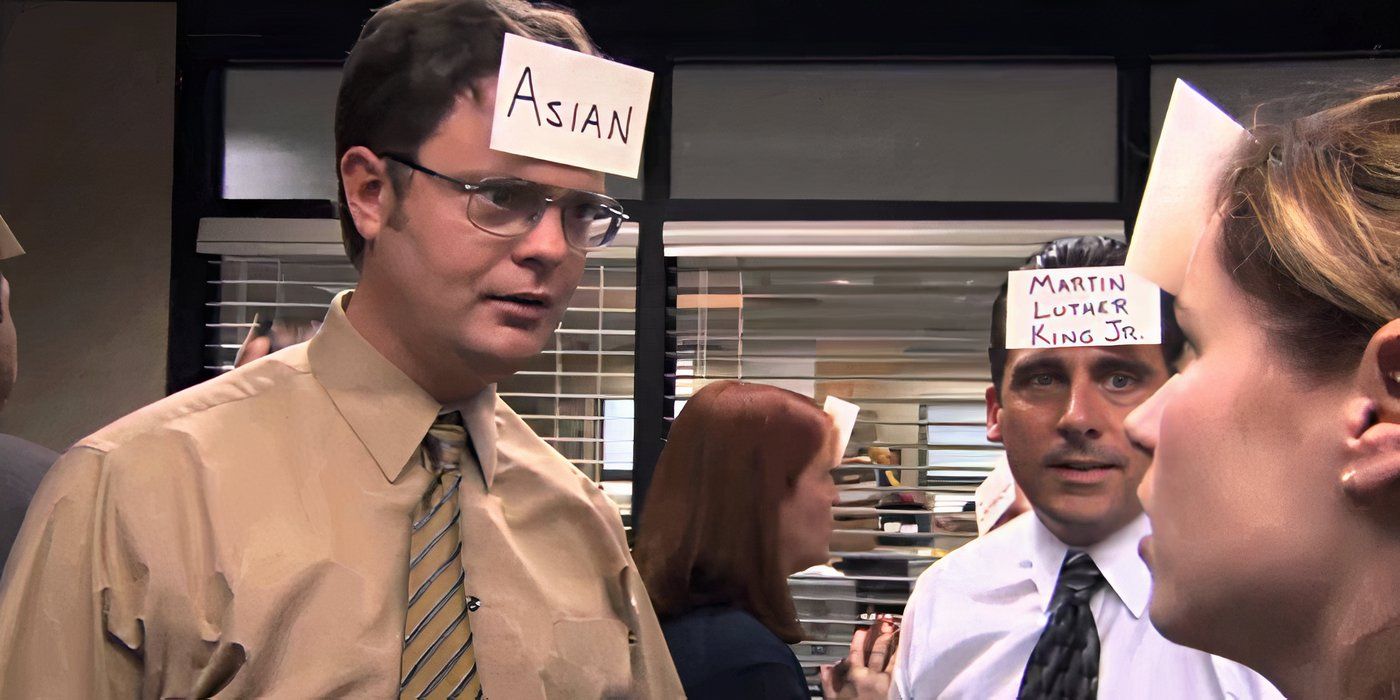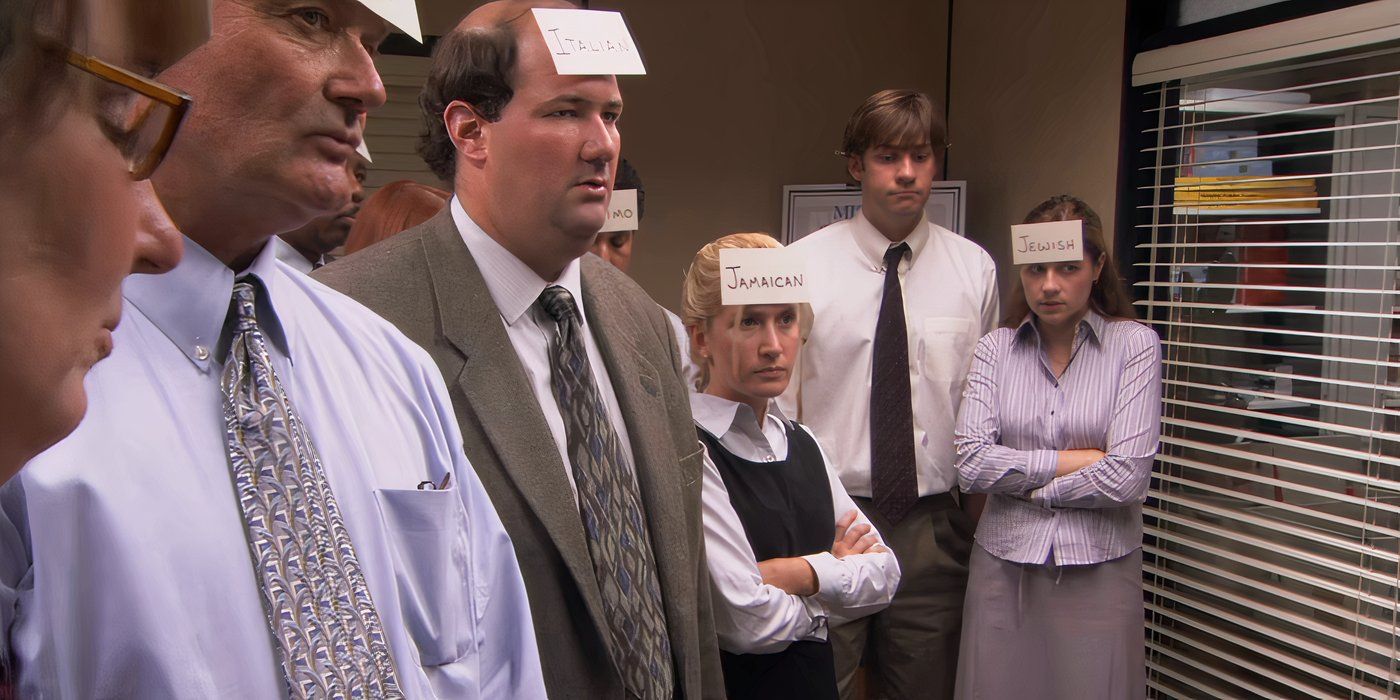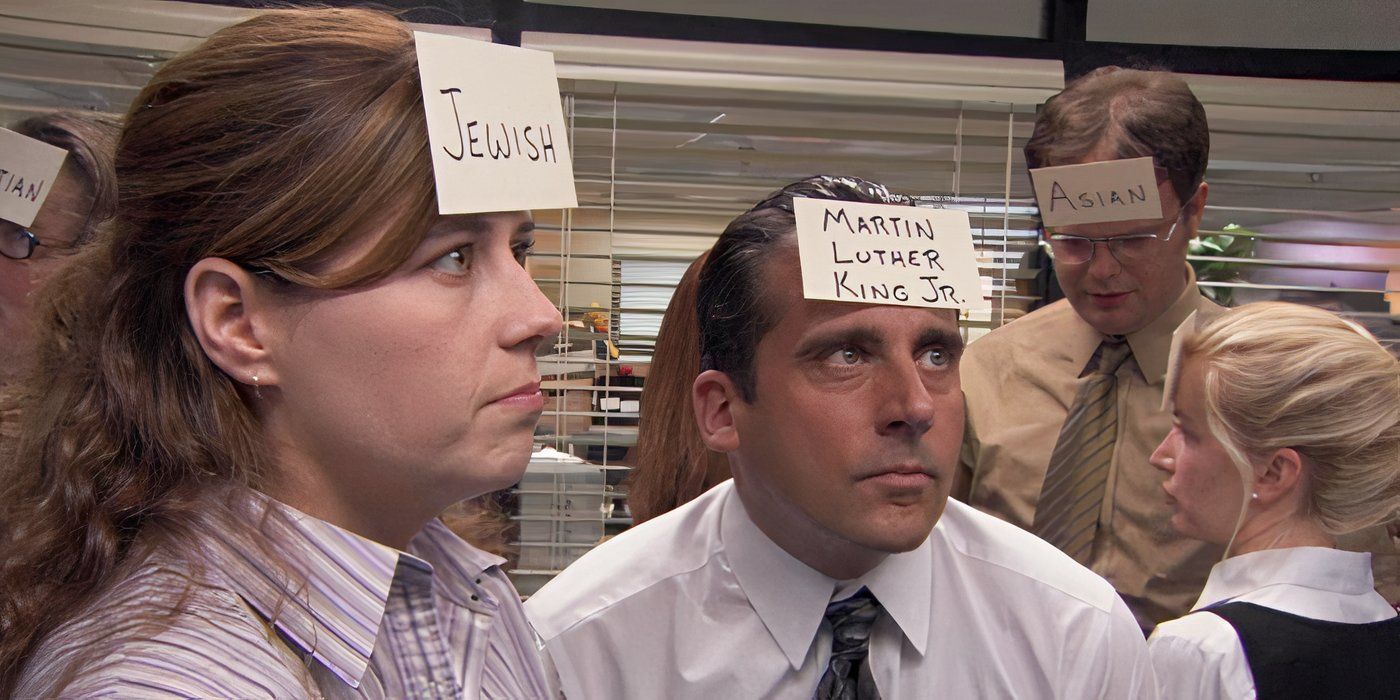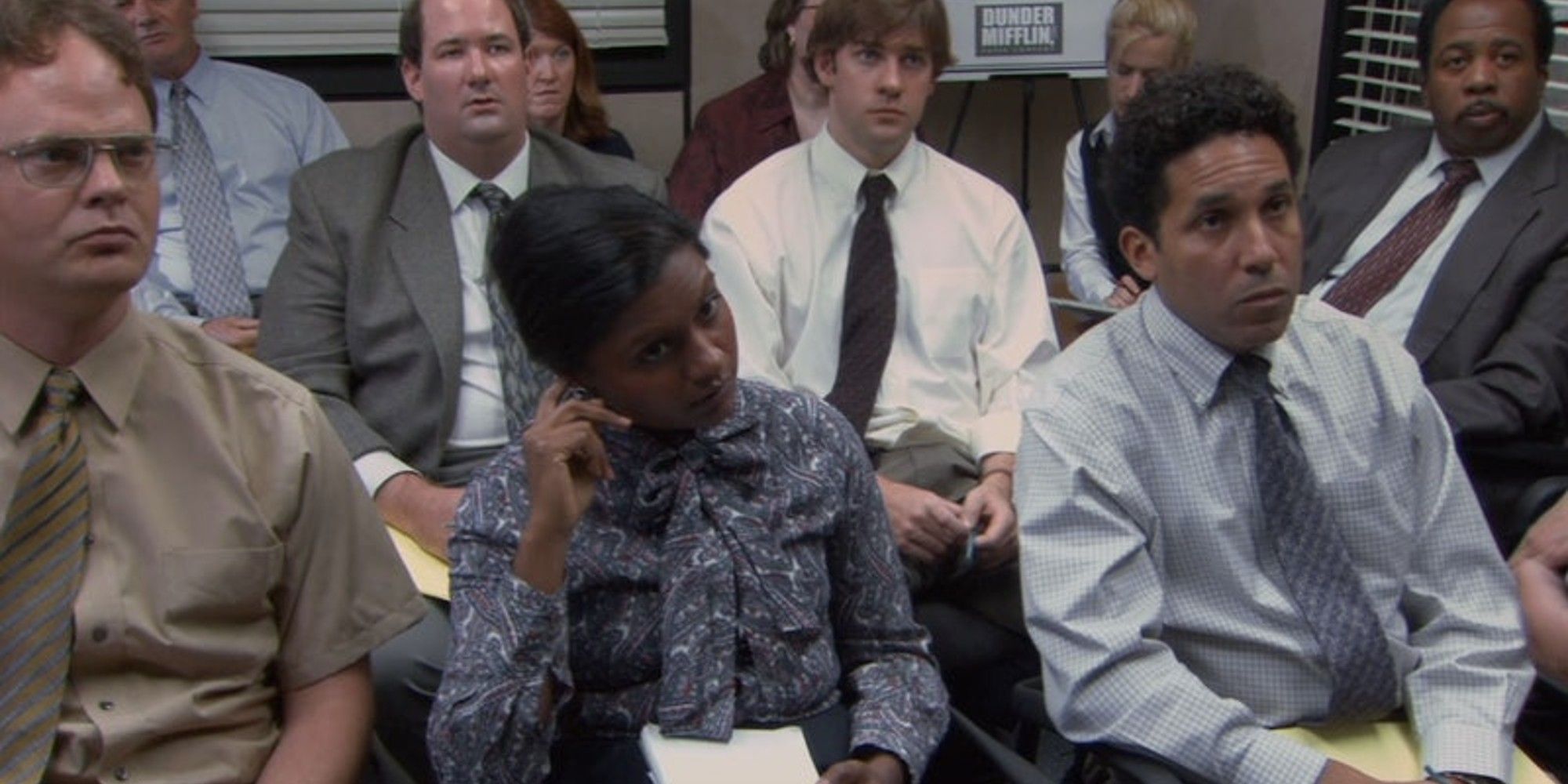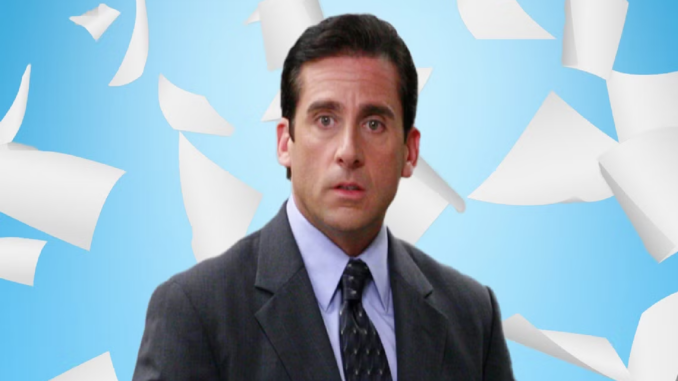
The American version of The Office was a decently successful hit during its nine-season run on NBC. It wasn’t until it hit syndication, however, and especially its long tenure on Netflix, that the series became a timeless pop culture classic. Over a decade after it came to an end, we still talk about outrageous episodes and quote our favorite characters as if they were still putting out new content every week. Most recently, talks of the upcoming The Office reboot have been flooding the Internet. The Office had it all, from the romance of Jim (John Krasinski) and Pam’s (Jenna Fischer) love story to the over-the-top hilarious drama, from Jim and Dwight’s (Rainn Wilson) bickering, to the toxic relationship between Kelly (Mindy Kaling) and Ryan (B.J. Novak).
Then there was Michael Scott (Steve Carell), the regional manager at the fictional Dunder Mifflin Paper Company. He was outrageous, and a self-absorbed dimwit who was only redeemed when we saw the lonely man beneath the facade who only wanted to be loved. As much as we grew to indeed love him, Michael was portrayed differently in the beginning of The Office‘s run. However, Michael Scott’s evolution from a horrible coworker to the world’s best boss is one of the sitcom’s most impressive feats. Season 1 features one of the best but most controversial episodes, with scenes involving Michael deemed so offensive that the episode disappeared from syndication.
Michael Scott Isn’t Likable in ‘The Office’ Season 1
Michael Scott arguably underwent more growth than anyone during his seven seasons on The Office. Yeah, he’s selfish, and he can be an idiot, but every time he embarrasses himself by making everyone awkward, we’re given more insight into who he is. It’s revealed that Michael was a lonely child with no friends. He’s been trying to make up for that in his adult life, desperately wanting companionship and love, but having no clue how to get it. Rather than being laid back, he comes on strong, almost begging people to want to know him. Often, that just pushes people away. Still, we see the good man underneath, the one who puts up with Dwight’s schemes and who considers Jim and Pam his best friends. When he finally finds his forever love in Holly (Amy Ryan), it feels earned. Michael deserves it.
When Michael Scott said goodbye to Dunder Mifflin, it was a heartbreaking sendoff, but also a happy and fitting one. The manchild had grown up. It was a far cry from the Michael Scott we first got to know in Season 1 of The Office. Not only does the early Michael look a little different (a little more creepy, with his hair greasy and slicked back), but he acts creepier too. Rather than a man whom we could love for his faults, he was cruel, and we didn’t always want to spend time with him. He looks up to awful human beings like Todd Packer (David Koechner), wishing to be just like him, while relentlessly making fun of everyone else in the office. A perfect example of Michael’s brutal attitude is found right in the pilot when he pretends to fire Pam. He had to know it wouldn’t end well, but he was only thinking of himself. Pam is crushed and begins to cry while Michaels laughs hysterically at how good he got her — he couldn’t understand how scared she must have been.
“Diversity Day” Is Michael Scott’s Most Offensive Episode of ‘The Office’
However, Michael Scott is undoubtedly at his worst in the second-ever episode, “Diversity Day.” It’s one of The Office‘s most famous episodes, but also one of its most cringe-worthy. In “Diversity Day,” a Dunder Mifflin representative (Larry Wilmore) from Diversity Today is sent to Scranton to train the employees on how to celebrate diversity. Michael’s need to be in control and know more than someone who intimidates him leads to him quickly taking over the meeting, as he asks everyone, “Why don’t we go around, and everybody, say a race that you are attracted to, sexually.” Yikes. Dwight has two, white and Indian. Cut to Kelly Kapoor sitting next to him looking highly uncomfortable, even more than we are. And when the Black Dunder Mifflin rep says his name is Mr. Brown, Michael giggles, thinking it’s a test.
Then we find out why Diversity Day is even happening. Michael offended several employees when he recreated a Chris Rock routine about different types of Black people. “How come Chris Rock can do a routine, and everybody finds it hilarious and groundbreaking, and then I go and do the exact same routine, same comedic timing, and people file a complaint to corporate? Is it because I’m white and Chris is Black?” For a second, a look comes over his face as if he’s realized the answer but isn’t mature enough to understand it.
Michael thinks it’s a good idea to reenact what he did, doing an over-the-top Chris Rock voice and dropping the n-word. It’s hard to believe that someone could be that clueless about what they are doing. At the end of the seminar, when Michael has to sign a form saying he’s sorry for what he’s done, he writes in “Daffy Duck” and tears it up. He even thinks he can do better and decides to host his own diversity training. “Get as much done as you can before lunch, because afterward, I’m gonna have you all in tears.” Oscar talks about his parents being Mexican. Michael leans in, serious. “Is there a term besides Mexican that you prefer, something less offensive?” When Oscar asks why being Mexican is offensive, Michael doesn’t know what to say.
Michael Scott Leans into Racial Stereotypes in “Diversity Day”
That brings us to the (in)famous card scene. In one of Michael Scott’s cringiest moments, he has everyone take a card with a race written on it and put it on their forehead without looking at it. He then wants others to treat that person as the stereotype to see if the card wearer can guess who they are. There’s Italian, Jewish, Jamaican, etc. Michael wears Martin Luther King Jr. and talks about how Chris Rock does a great bit about how streets named after King are more violent. The game gets people to lean into racial stereotypes. “Let’s get ugly, let’s get real,” Michael says.
When Kelly Kapoor walks into the room, not even wearing a card, Michael goes hardcore into a thick Indian accent and talks about convenience stores. He gets slapped across the face for it. Michael tries to save it, saying “She gets it. Now she knows what it’s like to be a minority.” He’s never been more cruel and socially unaware, but he gets away with it because he doesn’t know any better. Michael doesn’t hate anyone. He’s a man with arrested development who has no idea how to act. He simply copies what he’s seen others do and hopes that it gets a laugh. If his target laughs, they’ll like him, and if they like him, they’ll be his friend.
In 2021, Comedy Central decided to drop the “Diversity Day” episode from its cable programming and streaming services. Many networks have been omitting what could be considered offensive episodes of older TV shows from their lineup, such as when NBC pulled “The Puerto Rican Day” Seinfeld episode from syndication. Michael Scott of today probably wouldn’t do that poorly with diversity training, though who are we kidding, he’d still laugh at the most inappropriate times.
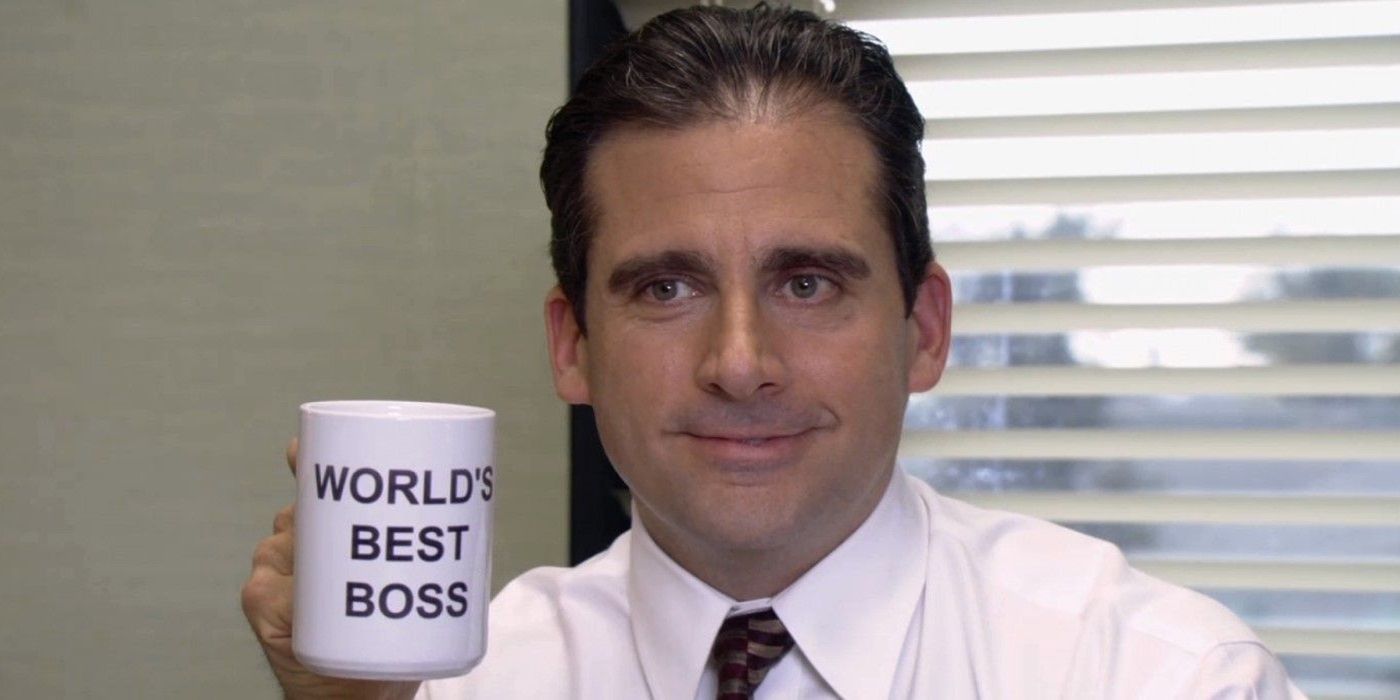
.jpg)
